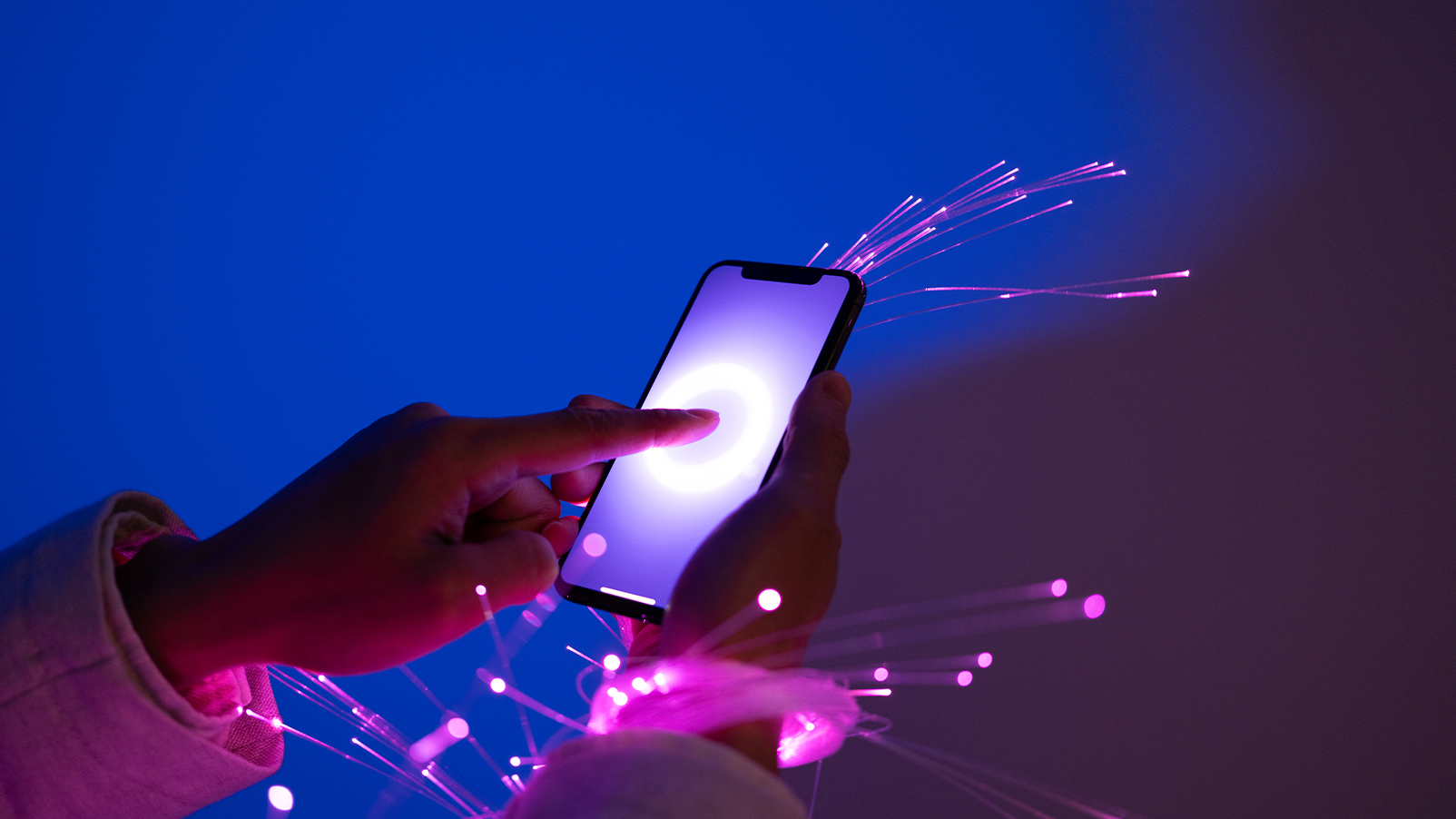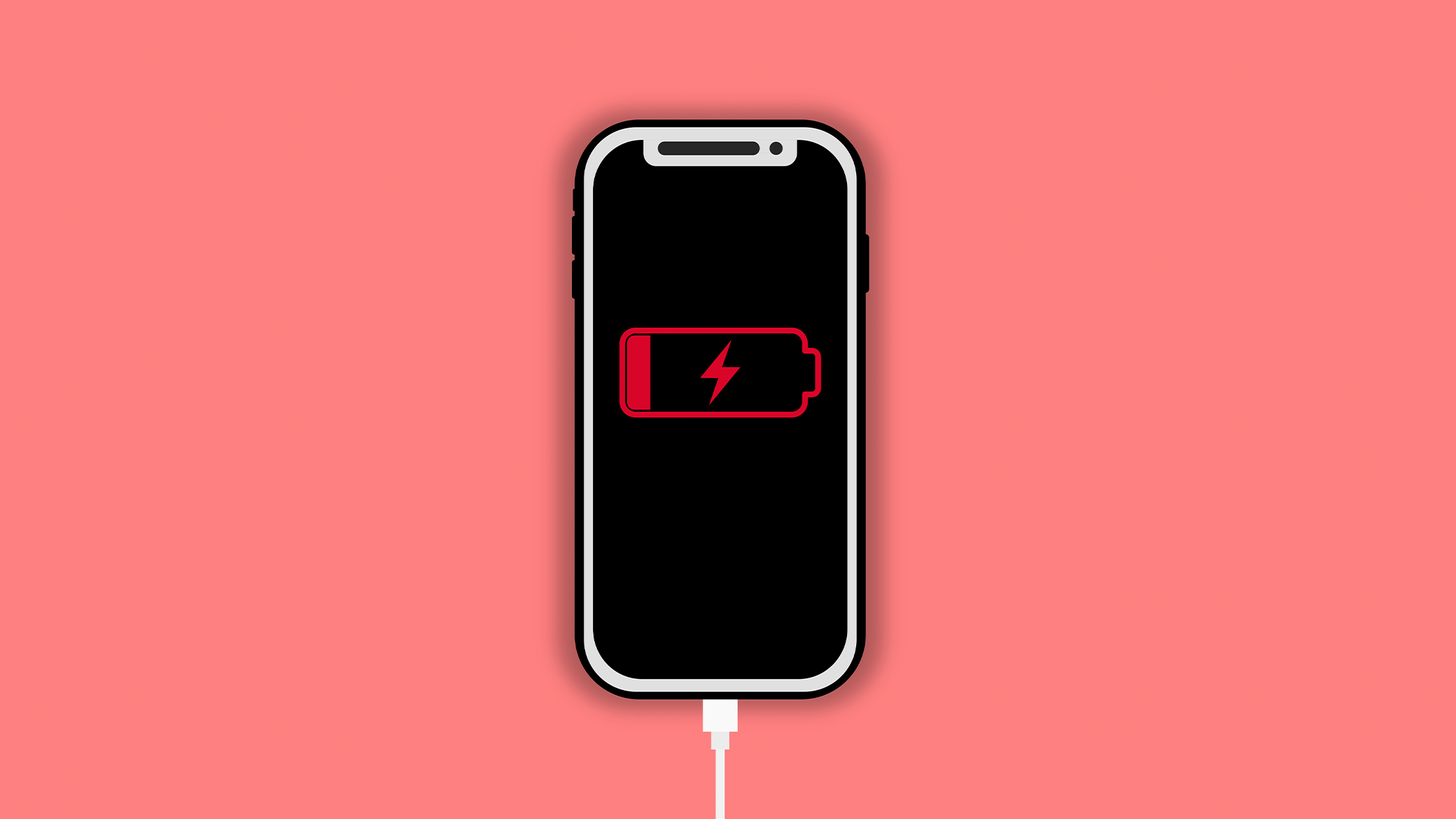Should you use a VPN when connected to cellular data?
More than just a Wi-Fi wonder

When it comes to VPNs, they're a fantastic tool for protecting yourself on Wi-Fi networks both new and known, but what if Wi-Fi isn't an option?
Without Wi-Fi, most of us turn to cellular data, but do the best VPNs have a role to play here too? The answer is absolutely yes, but there are a couple of things to bear in mind before you hit connect.
Of course, whether you're on Wi-Fi or cellular, you'll want one of the best Android VPNs or one of the best iPhone VPNs.
Why you should use a VPN on cellular data
In many ways, cellular data is more secure than a public Wi-Fi connection, but there are still plenty of reasons to use a VPN. Most obvious is the fact that using a VPN encrypts your traffic. This makes it nearly impossible for any hackers or scammers to access any of your personal data.
As well as security, top VPNs also offer a massive upgrade to your online privacy. Regardless of whether you're on Wi-Fi or data, your service provider can see your traffic. That's not so with a VPN – by connecting to a server in another region you can spoof your IP address to somewhere completely different.
If you've got enough data, then a VPN is a fantastic aid for streaming. You can unlock region-specific content on the likes of BBC iPlayer merely by setting your IP address to the appropriate region.
Whether you're gaming, downloading, streaming or just using serious bandwidth, then your network might start to slow down or "throttle" your connection. Using a VPN makes it much harder for the network to find you and subject you to such slowdowns.
Be careful using a VPN on cellular data

If you've got a limited data plan you will want to be careful before you switch on a VPN. Using a VPN can seriously increase your data usage, Surfshark believes it might by up to 15%. If you're just browsing the net that's probably fine still but a 15% increase on the already heavy data costs of streaming could mean you suddenly run out of data mid-episode.
Using cellular data is also more battery-intensive than staying connected to a single Wi-Fi connection, as your phone is constantly searching for signal. Adding a VPN to this only increases the battery drain, so think twice before connecting if your phone is about to die.
Dr Peter Membrey, Chief Engineering Officer at ExpressVPN explains: "Basically any time you do any sort of work, that power has to come from somewhere, and it comes from your battery. If you add a VPN on top of sending data over a network, the process of encrypting data adds to this."
In all honesty, however, if you have an unlimited data plan and a charger handy, then there's little reason not to stay protected as much as possible.
Andy is a freelance writer with a passion for streaming and VPNs. Based in the U.K., he originally cut his teeth at Tom's Guide as a Trainee Writer before moving to cover all things tech and streaming at T3. Outside of work, his passions are movies, football (soccer) and Formula 1. He is also something of an amateur screenwriter having studied creative writing at university.
 Club Benefits
Club Benefits





